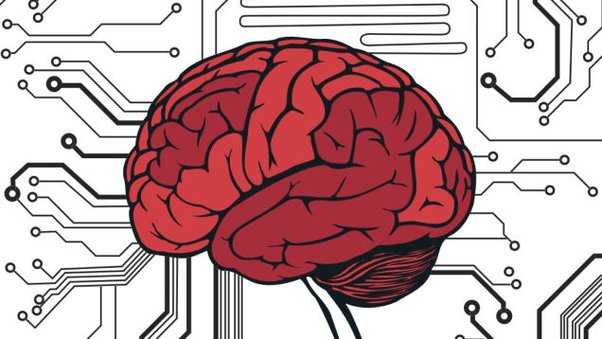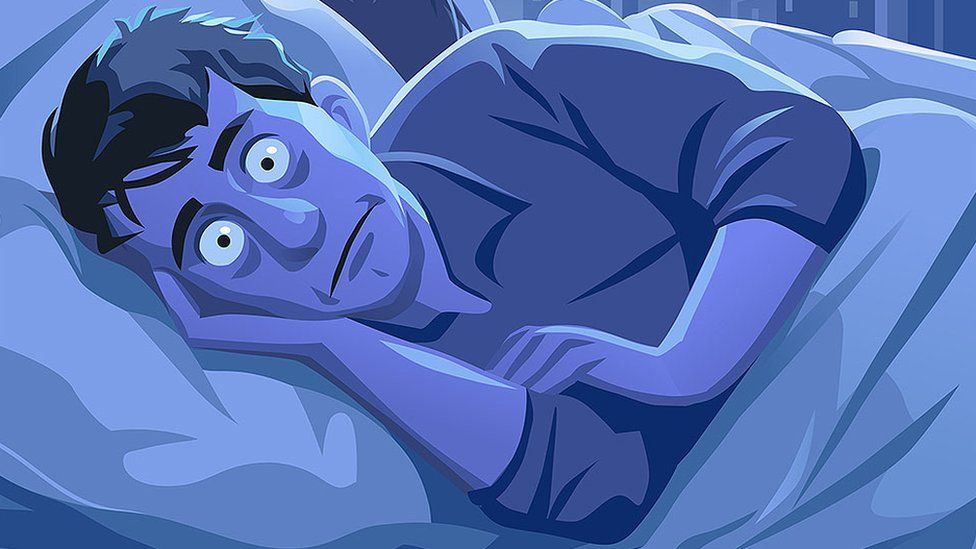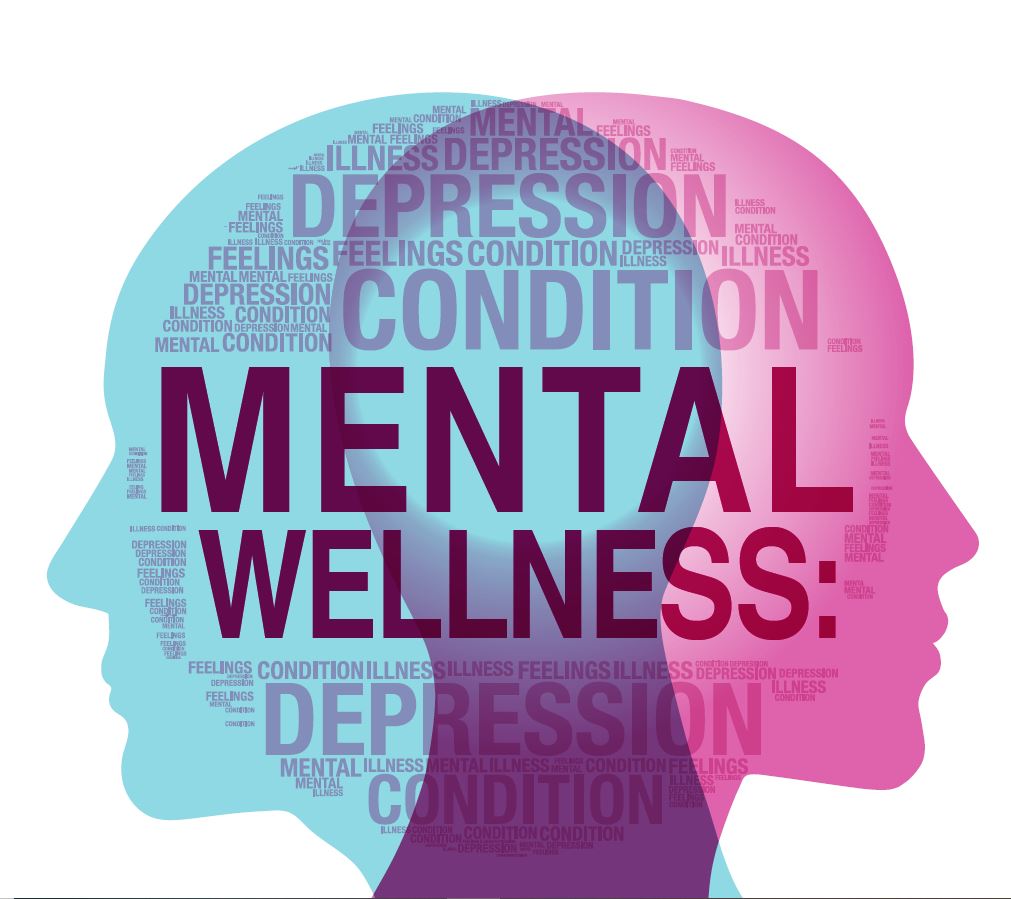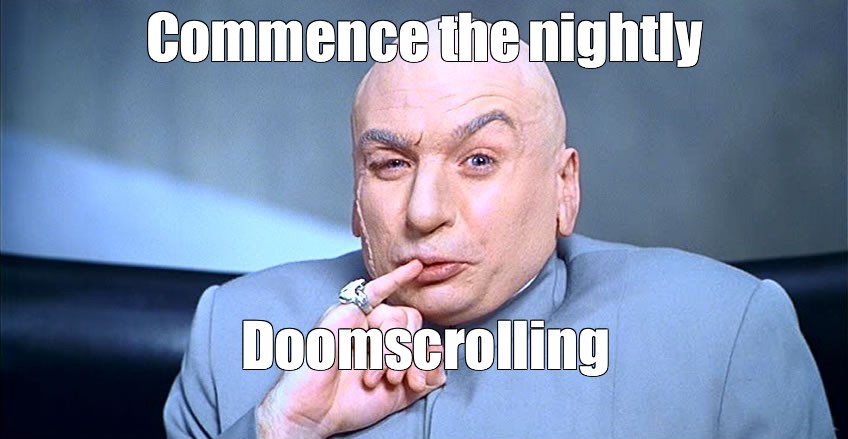Finding it hard to focus, carry out tasks, remember things, and make decisions? If your cell phone is the first thing you see in the morning and the last thing you see before you doze off, you may be a victim of technology-induced information overload.
What’s that?
Information overload happens when your brain consumes more information than it can handle. This causes it to function poorly, leading to numerous problems.
Our internet-connected gadgets like cell phones, computers, laptops, and tablets expose our brains to overwhelming amounts of information. And this is one of the reasons why problems like sleep disorders, digital dementia, and poor attention spans are rising at an alarming rate.
In this post, we’ll take a deep dive into the hows and whys of technology-induced information overload, identify its effects, and learn how to alleviate them.
So, let’s begin.
Average Screen Time Today
Statistics say that people worldwide use their screens for an average of 6 hours and 58 minutes daily. And the daily screen time has increased by nearly 50 minutes per day since 2013.
And that’s just the average. The real numbers are way higher. For example, an article in Exploding Topics says that Gen Z averages around 9 hours of screen time per day.

As well as Gen Z, the tech-overuse problem has ensnared people of ages.
We already know that prolonged tech use causes a range of problems, including sedentary lifestyle, FOMO, tech addiction, and mental health problems. Add to that the extreme overloading of your brain’s processing capabilities, and I’d say we’re not on the right path.
But how much can our brains actually process?
The Brain’s Information Processing Capabilities
“The human brain can process 11 million bits of information every second,” says behavioral and data scientist Pragya Agarwal. “But our conscious minds can handle only 40 to 50 bits (or around 6 bytes) of information a second. So, our brains sometimes take cognitive shortcuts that can lead to unconscious or implicit bias, with serious consequences for how we perceive and act toward other people.”
Even though our brains can take a lot, the processing they do comes with a price. “We can have trouble separating the trivial from the important, and all this information processing makes us tired,” says neuroscientist Daniel J. Levitin
This can result in issues like shorter attention spans, visual problems, chronic stress, anger-prone behavior, and mental health problems. More on that later.
The Amount of Information We Receive from Modern Tech
Scientists found that an average person today receives as much as 74 GBs (gigabytes) of information per day through cell phones, TVs, computers, billboards, and more.

Let’s view this through the looking glass of behavioral and data scientist Pragya Agarwal’s work. Per Agarwal, our conscious brains can handle no more than 0.51 GBs of information per 24 hours.
All this extra information we receive daily causes a processing overload in our brains. And that’s a problem. Here’s why.
Effects of Technology-Induced Information Overload
Experts say that when your brain has trouble processing the amount of information you take in, it can cause numerous problems, including sleep disorders, a constant state of anxiety, reduced focus and memory, and more. Let’s have a deeper look.
Problems With Sleep
Your brain transfers all the information you’ve collected throughout the day from your conscious (short-term) memory to the unconscious (long-term) memory during sleep. And for that to happen properly, your brain needs to be sure there’s no more incoming information.
Sleep is also when your brain works on background tasks like tissue healing and detoxifying your body through your liver.
Using internet-connected gadgets like smartphones and laptops at night forces your brain to keep its conscious part active and receive more information. This prevents your brain from resting, which, in turn, hampers your sleep.

Soon, your habit of nighttime gadget use starts costing you hours of sleep, leading to sleep deprivation.
And that’s just one part of how your nighttime gadget use hampers your sleep.
You also expose your eyes to blue light that reduces melatonin production in your body, forcing your brain to stay active.
Learn more about blue light in this post from Shield Your Body.
Constant State of Anxiety
Research studies say that technology-induced information overload can induce negative emotions like anxiety and anger.
Since your brain can’t catch up to the information it’s being fed, it enters a state of stress, increasing its cortisol production.
Cortisol is a stress hormone your body produces when it perceives a risk to your physical, mental, or social well-being.
“Both the content on your phone and the act of checking it frequently can trigger a stress response, which releases cortisol into the body,” says Dr. Dennis Buttimer from Piedmont Healthcare. “Too much cortisol can lead to anxiety and, eventually, chronic disease.”
Reduced Focus & Memory
Exceeding the limit of what working memory can accommodate erodes the efficiency and quality of cognitive function.
“When we continually overload the system by trying to store too much in working memory, the brain loses some of its processing power,” says Dr. Kenneth Freundlich. “Further, by overloading the circuits, we lose the important periods of inactivity that facilitate optimum cognitive efficiency. When we keep the brain too busy, it doesn’t get the rest it needs. We pay by suffering a deficit in both short- and long-term memory as communication between the two is disrupted by over-activity.”
Constantly forcing your brain to process large amounts of information can slowly take a toll on your focus and memory.
Mental Health Problems
“Information overload can lead to real feelings of anxiety, feeling overwhelmed and powerless, and mental fatigue. It can also lead to cognitive issues such as difficulty making decisions or making hasty (often bad) decisions,” says Dr. Sara Gorman from Psychology Today.
Besides that, there’s technology-induced FOMO, self-esteem issues, low confidence, and social isolation—all of these seriously affect your mental health.

“The amount of time we spend scrolling through constant flows of webpages of people with ‘glamorous lives,’ ‘the perfect bodies,’ ‘accessible and beautiful foods,’ and all the other things that the surfing the internet provides is targeted right at the core of us and deeply affects our self-esteem, our self-worth, self-image,” says the American Counselling Association. “These images find homes in our thoughts, emotions, and our behaviors. We underestimate the assault that information overload has on our senses. When we scroll pages of content daily, they bury themselves in our psyches and connect with the fears that we are all already struggling with and amplifies them.”
Can You Reverse Digital Overstimulation’s Effects?
This all may seem scary to you. And I get that. But what if I tell you that just by doing a few things differently, you can significantly reduce the effects of technology-induced information overload on your health?
It’s true. All it needs from you is to start taking action today. And you can live a safer, healthier life while enjoying the convenience of modern technology.
Here are some of the changes that you can make in your life.
Use Your Phone Less
My first tip for you is to start using your phone less. I know this isn’t extraordinarily new advice. But the fact is, it works.
See, most of our interaction with modern technology happens with our phones. We see them first thing in the morning and last thing before we sleep. So, cutting down on your cell phone use can significantly reduce the effects of technology-induced information overload on your life.
Screen Time Limits
One way to use your phone less is to set up a screen time limit for yourself. We often talk about screen time limits for kids, but turns out they’re equally important for adults.
If you work during the day, you can set up a screen time limit for yourself in the evening. And instead of using your phone or your computer, you can use that time to connect with your loved ones or pick up an offline hobby, like reading a book or gardening.
Another tip is to keep your phone away from your bedroom. This way, you’ll be forced to learn how to sleep without your phone. And soon, it will be a habit that your future self will thank you for.
Learn more about screen time limits in my post, “Screen Time Limits for Adults: How Limiting Your Screen Time Helps You Physically & Mentally”
Quit Doomscrolling
Doomscrolling is an unofficial term for the compulsion to scour social media and the internet for negative news.
Millennia of evolution has designed our brains to be aware of what’s happening around us. And what better way to keep up in the modern world than scrolling news pages on social media?

The problem with this is it’s highly addictive. The more you read the news, the more you want to uncover. And soon, you’ll find yourself buried deep in this dystopian hole, leaving you with negative emotions.
But even if it makes you feel bad, you won’t stop. You’ll keep going.
Luckily, there’s a way out of this. And I’ve written all about it in my post, “Doomscrolling: A Soothing Compulsion That Causes You to Live in Fear.” So, check it out.
Let Your Mind Be Bored Sometimes
In this world of constant stimulation, we’re never bored. And that’s not good for your brain, say experts.
Let’s face it, there are few things more enjoyable than the internet. But as enjoyable as it is, the internet takes away your chance to experience the real world, where things like contentment, joy, happiness, and creativity reside – you know, the things that truly matter?
So, starting today, I want you to embrace the concept of doing nothing.
Find a time in your day, it can be your mornings or evenings, when you do absolutely nothing. Literally.
Let go of thinking about the work you have to do, the calls you have to make, the likes you got on your post, the TV episodes you have to binge… Just sit there and let your mind relax.
Slow down, take a deep breath, and simply be.
Learn more about the art of doing nothing in my post, “Reconnect with your Real-World Self by Doing Nothing.”
Final Thoughts
There’s more. Experts say prolonged tech use affects you physically, mentally, psychologically, and emotionally.
But in this tech-led world, we also can’t stay away from technology. And I don’t want you to either. We’re the most advanced species on earth because of technology.
So, what can you do?
Find a balance between your real and your virtual world. This is the number one thing you need in order to live a safer, healthier life alongside technology.
So, how do you create this balance?
There are so many things you can do, and it all starts with awareness. For a wealth of ideas and inspiration on getting started, check out The Healthier Tech Podcast. It features guests from different industries sharing tips on how to benefit from technology without being subjected to the health problems that tag along with it.
It’s available on all major platforms. So, give it a listen.








